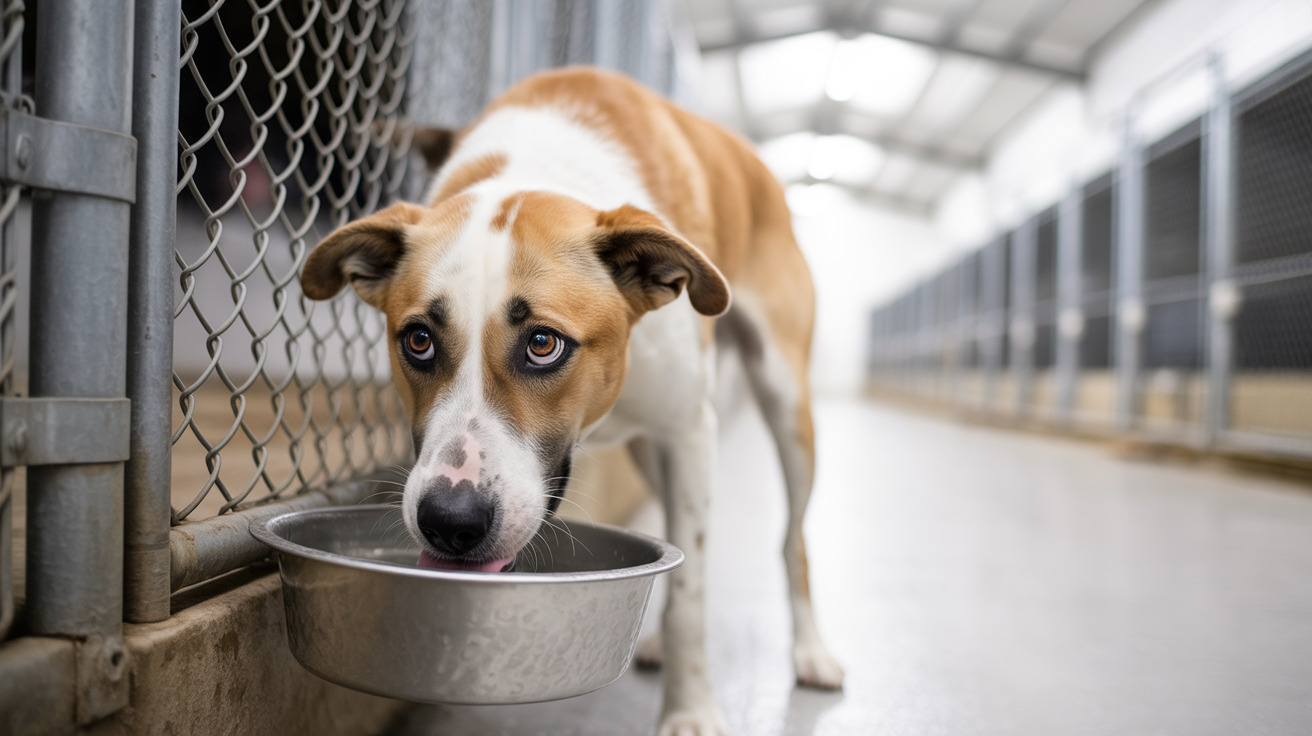Is Dill Safe for Dogs? Understanding the Facts
Dog owners often worry about what herbs and foods are safe for their furry companions. One such herb—dill—commonly found in pickled foods, raises questions. While pickles may not be a healthy choice for dogs, fresh dill itself is not toxic to dogs and may even offer some benefits when used moderately.
Understanding Dill and Its Components
Dill is a green, feathery herb often used in culinary dishes and pickling. It includes seeds and leaves that offer a distinctive flavor. The key concern when dogs consume dill often arises from its presence in pickled products. However, it's crucial to distinguish between the herb and the seasoned, salty products it often accompanies.
Is Dill Toxic to Dogs?
The good news is that fresh dill is not toxic to dogs. In appropriate quantities, this herb can be used as an herbal supplement or a flavor enhancer in your dog's food. It may even provide certain health benefits, as it contains antioxidants and may support fresh breath.
The Risks of Dill Pickles vs. Fresh Dill
While dill by itself is safe, dill pickles pose a significant risk due to their preparation. The pickling process adds several harmful ingredients for dogs:
- High sodium content from salty brines
- Vinegar and spices that can irritate digestion
- Onions and garlic that can be toxic to dogs
- Excess sugar or even dangerous sweeteners like xylitol
These added elements transform what might seem like a safe treat into a potential health hazard for your dog.
Health Risks of Feeding Pickles to Dogs
Feeding pickles—or anything pickled—to dogs can have adverse effects. Here are some key risks associated with pickles, not applicable to fresh dill:
- Dehydration due to excess salt
- Vomiting and diarrhea from irritating ingredients
- Bloating and hypertension from high sodium levels
- Anemia caused by toxic seasonings like garlic or onions
- Seizures or liver damage in response to xylitol toxicity
Thus, while fresh dill is harmless, dill pickles are best avoided.
Potential Benefits of Dill for Dogs
In moderation, fresh dill may offer mild wellness perks:
- Breath freshener: Dill has natural antimicrobial properties
- Antioxidants: May help combat oxidative stress
- Digestive relief: Can aid in minor digestive upsets
Like any supplement, dill should be given sparingly and only under a veterinarian’s guidance, particularly if your dog has allergies or existing health issues.
Safe Ways to Include Dill in a Dog’s Diet
If you want to include dill in your dog’s diet, consider the following:
- Use fresh dill only. Avoid dried versions that might contain preservatives or added salt.
- Mix a small pinch of chopped dill into their food as an occasional treat.
- Monitor your dog for any unusual reactions after introducing dill.
Better Alternatives to Pickled Treats
Instead of pickles, offer your dog safer, nutritious vegetables and fruits:
- Raw cucumbers
- Carrots
- Celery
- Green beans
- Apples (no seeds)
- Blueberries
These foods are low in calories and high in nutritional value, making them suitable alternatives as occasional treats.
Handling Accidental Pickle Ingestion
If your dog accidentally eats a pickle, the first step is to remain calm. A small bite of a plain pickle may not pose a major threat. However, monitor for signs such as:
- Vomiting or diarrhea
- Excessive thirst
- Lethargy or confusion
- Loss of coordination or tremors
If these symptoms appear, contact your veterinarian immediately.
Conclusion
So, is dill poisonous to dogs? Absolutely not—when fresh and served in moderation, dill can be a safe, healthful herb for your dog. The issues arise not from the herb itself but from its use in heavily processed and seasoned pickled products. Always consult with your vet before introducing new foods or herbs to your dog’s diet to ensure safety and proper nutrition. And when it comes to treats, stick with simple, natural ingredients tailored to your dog’s health needs.





